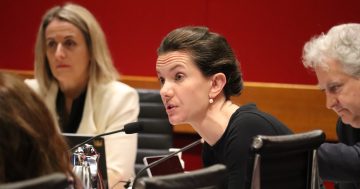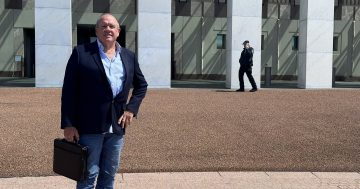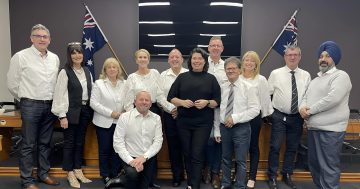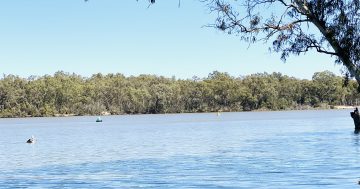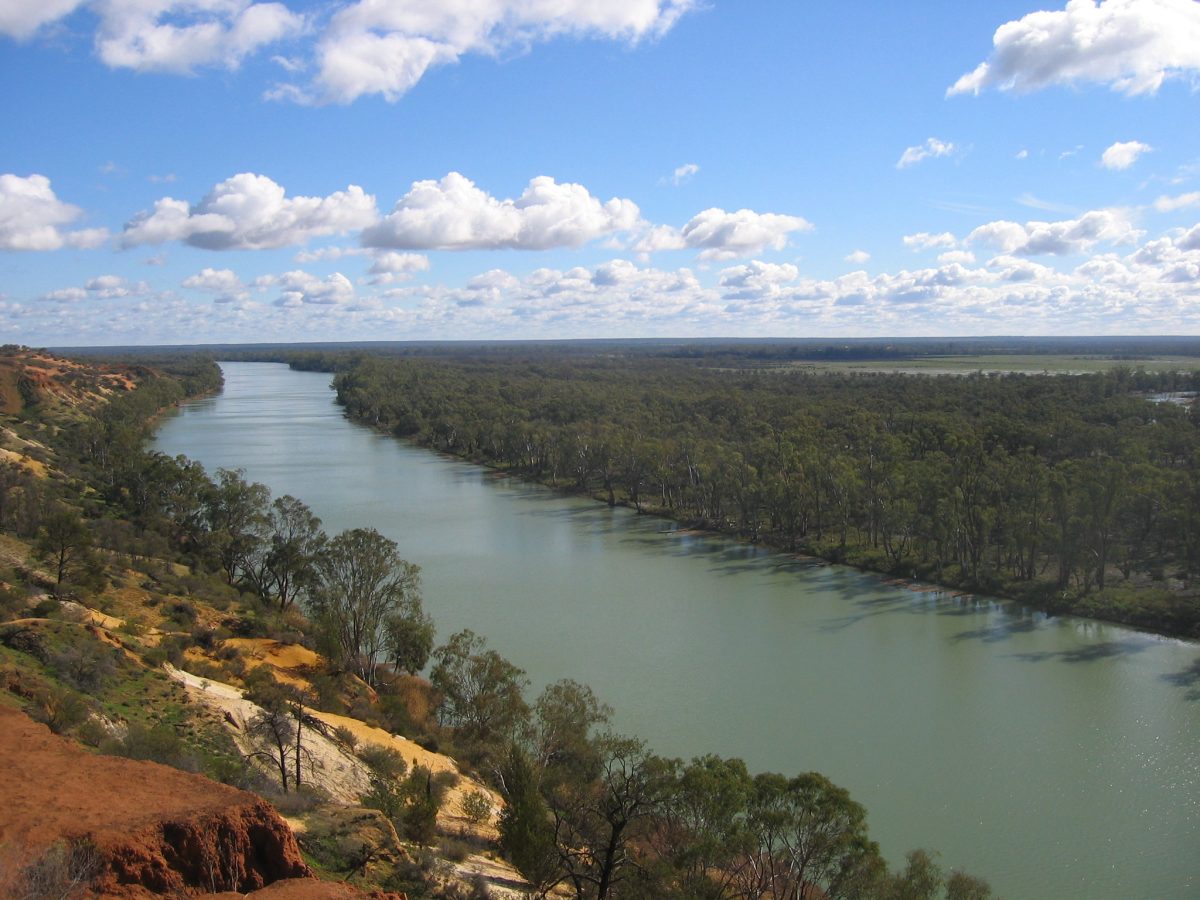
Questions have been raised over how Murray Irrigation managed water during the drought. Photo: Andrew Evans.
A NSW State MP has called for an investigation into Deniliquin-based Murray Irrigation Limited (MIL), following explosive claims by international media that the water delivery company withheld water from desperate farmers during the 2018-2019 drought.
Bloomberg, a worldwide business news platform headquartered in New York, published a wide-ranging article titled “The water trade is booming and sucking Australia dry” in December 2023.
The piece included the allegation MIL held on to enough water “to fill 64,000 Olympic-sized swimming pools” during the drought, suggesting this water could have instead been provided to farmers struggling to save their crops.
Claims such as these prompted NSW Greens MP Cate Faehrmann to write to NSW Water Minister Rose Jackson, requesting an investigation into matters raised by Bloomberg, including the handling of MIL ‘carryover’ water – unused water allocation transferred to the next irrigation season.
“During the last drought (2018-19 and 2019-20), a large volume of water was carried over in the NSW Murray,” Ms Faehrmann wrote.
“Bloomberg reports that one half to two thirds of the total valley’s carryover was in Murray Irrigation Limited’s company account, and not farmers’ accounts.
“This carryover, at a time of extreme water shortage, was the final reason that there were no allocations to NSW Murray General Security water shares in 2018-19 and 2019-20, apart from a three per cent allocation made in the last few weeks of the second year. This caused great financial distress to all NSW Murray General Security water holders, including Murray Irrigation Limited shareholders.”
Ms Faehrmann said she wanted to know how MIL’s carryover water “was accumulated, used, evaded detection by government, and affected subsequent allocations”.
When questioned on this by Region, MIL claimed it does not even have a company account.
“The company Water Access Licence (WAL) administered by WaterNSW, consists of several licences held on behalf of customers for differing water classes,” a MIL spokeswoman said.
“Murray Irrigation does not ‘hold water’. Any water distributed to customers … is a point in time consideration of the total water available on its Water Access licence (including other items such as volumes achieved through efficiency measures, or conveyance credits from the contracts with WaterNSW and the environment), minus any projected requirements which are based on a range of variable factors including climatic conditions.”
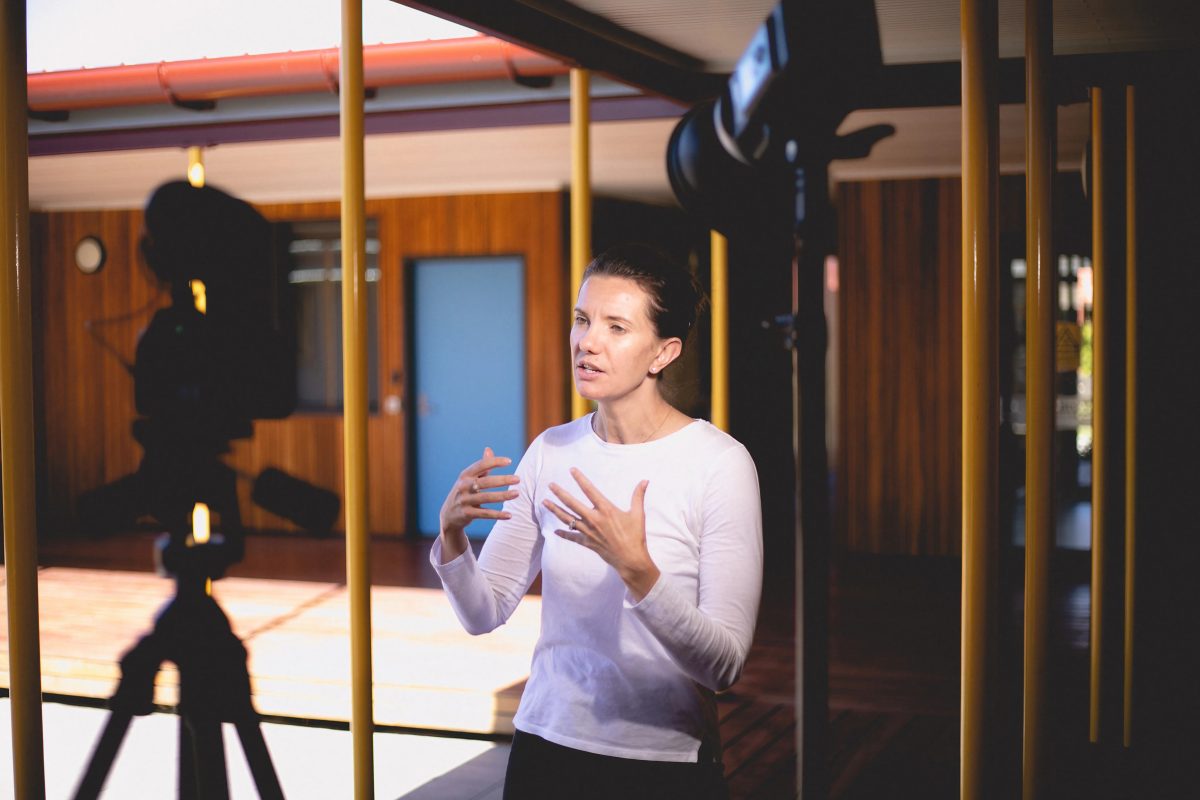
Water Minister Rose Jackson was asked to look into a number of issues raised by Bloomberg, but her response was vague. Photo: Facebook/Rose Jackson.
The Bloomberg article also suggested MIL water could have been leased to financial investors who wanted it off the market during the drought.
Initially, MIL did not directly answer this question but contacted Region after this article was published to say that it did not lease any water to financial investors during the drought.
In a statement, MIL said that during the drought, it was “able to provide full water delivery services to its customers without government support [and] … distributed valuable water back to customers to ensure their critical water needs were being met.”
According to Bloomberg, MIL’s carryover water discrepancies were revealed by an independent report by water expert Maryanne Slattery, who was commissioned by local farmers to investigate why the water provider had been routinely late in delivering vital water to them.
Region asked the office of Water Minister Rose Jackson if she would be taking any action against MIL over the claims highlighted by Bloomberg and Ms Slattery. She declined to answer, instead making a series of general statements that did not mention MIL, including that she was “actively looking at ways to strengthen compliance”.
The Bloomberg article also raised broader problems with water policy in Australia: wealthy non-farming investors siphoning wealth away from rural communities through water trading; the lack of regulation over irrigation corporations such as MIL, Murrumbidgee Irrigation and Coleambally Irrigation; and the increased prevalence of floodplain harvesting, the practice of farmers diverting rainwater on to their property before it reaches the river.
In her letter, Ms Faehrmann asked Minister Jackson to look into all these issues.
If you know more about this story, contact [email protected]








